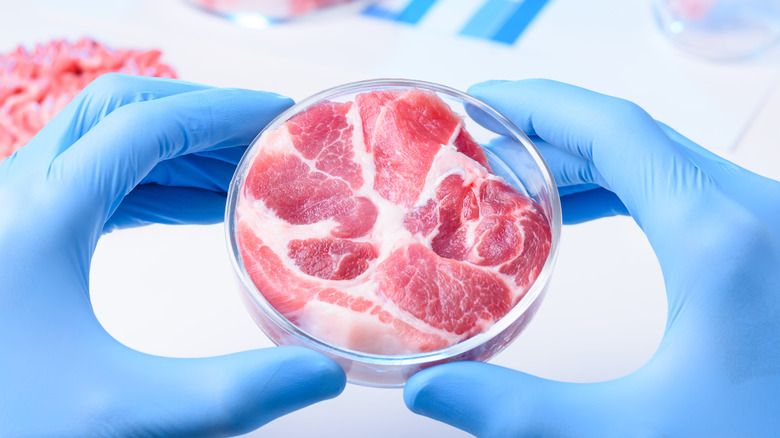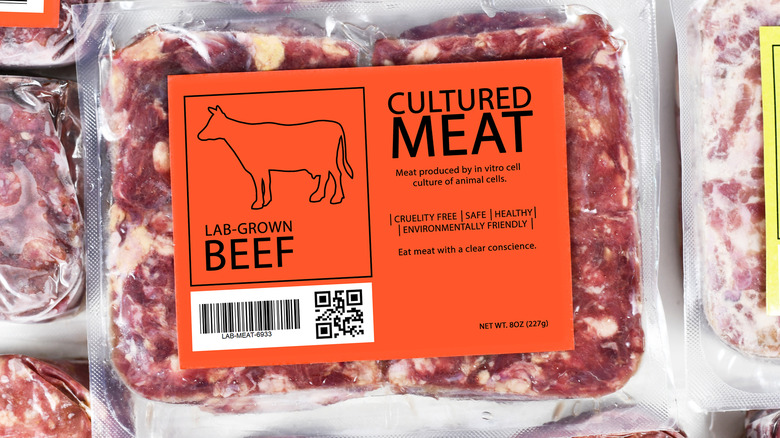Italy Bans Lab-Produced Food To Protect Culinary Heritage
Italy's nationalist majority party, led by Prime Minister Giorgia Meloni, has taken a big step toward banning foods produced in a laboratory, Reuters reported yesterday. In a move that has infuriated animal rights and environmental activists, Meloni's administration approved a bill — which still requires parliamentary approval — that would make it illegal for any Italian company to produce food or animal feed in a lab and imposes stiff penalties of up to €60,000 (roughly $65,000 USD) for companies that don't adhere to these rules.
While other countries, including the U.S. are vigorously exploring lab-created meats as a cruelty-free, environmentally friendly alternative to raising and slaughtering livestock, Italy's bill, which bans food or feed "from cell cultures or tissues derived from vertebrate animals," has both ardent supporters and critics.
Food Ingredients 1st reported that Italy's Health Minister, Orazio Schillaci said the bill would safeguard the health of Italians and declared that "synthetic foods" haven't yet been proven safe for human consumption. A spokesperson for Coldiretti, an agricultural lobby in Italy, said, "We thank the government for accepting our appeal to stop a dangerous drift that jeopardizes the future of national food culture," and similarly told Reuters that the measure would protect Italian business interests "from the attacks of multinational companies."
There's vocal opposition to Italy's ban on lab-created food
A number of countries worldwide — including the U.S., which recently saw Upside Food's cultivated chicken clear an FDA hurdle — are exploring the potential of lab-created food as a solution with a smaller environmental impact, zero animal cruelty, and even the promotion of biodiversity. Critics of the Meloni administration's ban are quick to point out that not only does Italy's food heritage expand beyond traditionally-farmed meat, but that the lab-created ban is short-sighted, and it may actually hurt Italian businesses that strive to compete in a global market that's seeing lab-created food developments in China, South Korea, Singapore, Israel, the U.S. and 20 other countries, Food Ingredients 1st explains.
LAV, an animal rights organization, told Reuters the bill was "an ideological, anti-scientific crusade against progress" Good Food Institute Europe didn't pull punches in its opposition to Italy's bill either; the organization's Head of Policy Alice Ravenscroft said Italy would be "left behind" as other countries make progress toward a more sustainable food future and pointed out that Meloni's move will make the 54% of Italians who have declared an interest in trying cultivated meat illegal. One thing is clear: the battle over lab-created food in Italy isn't over yet.

